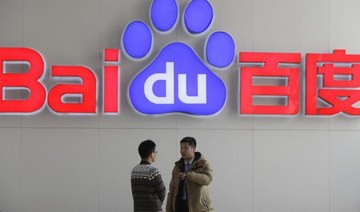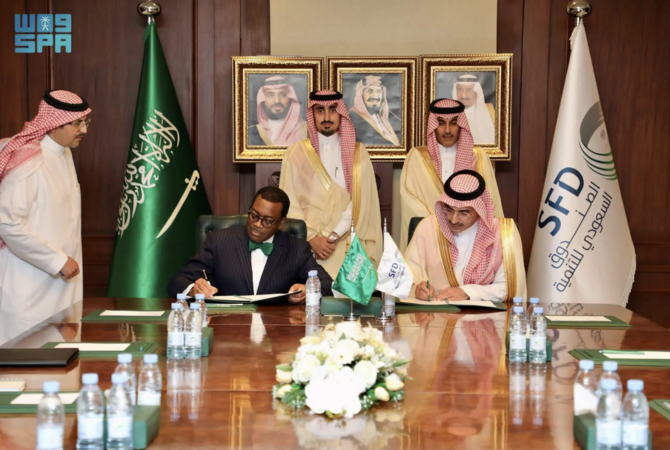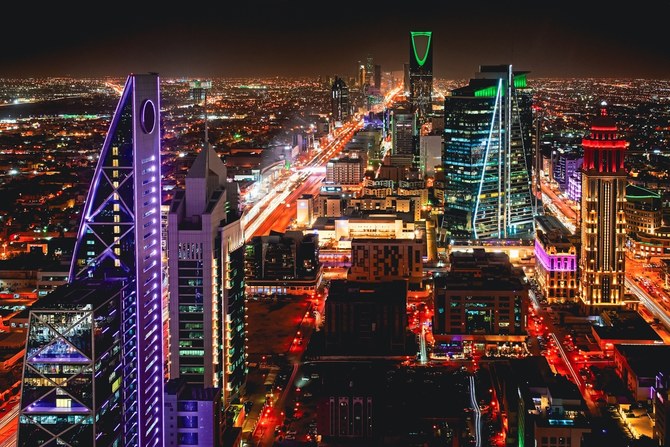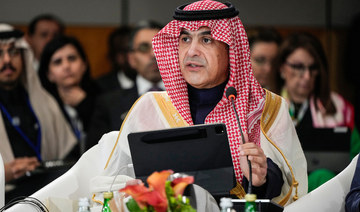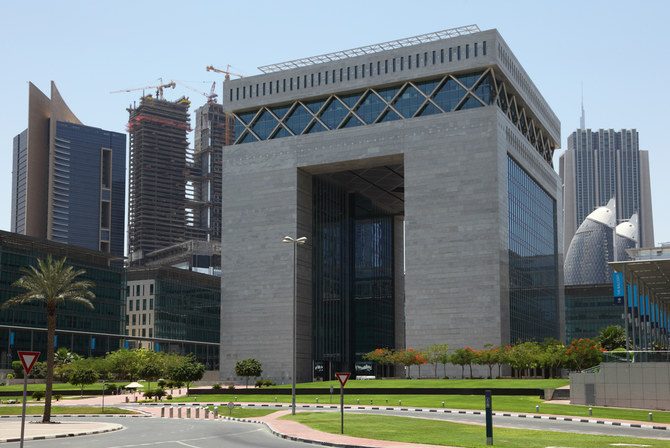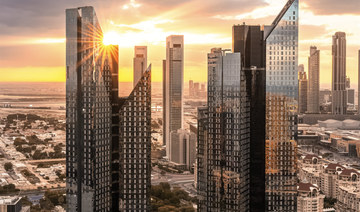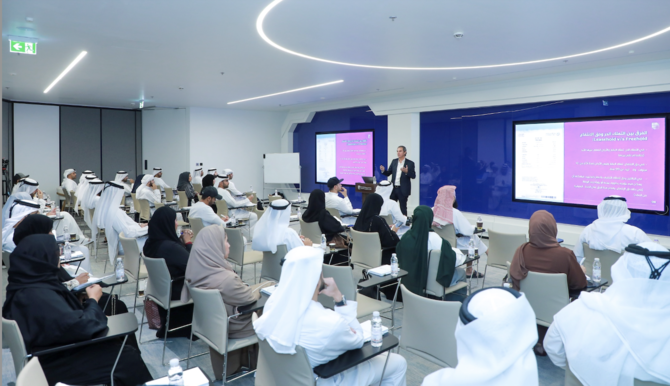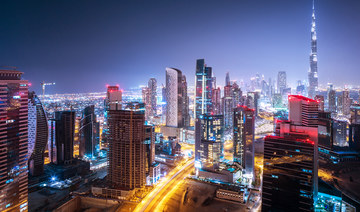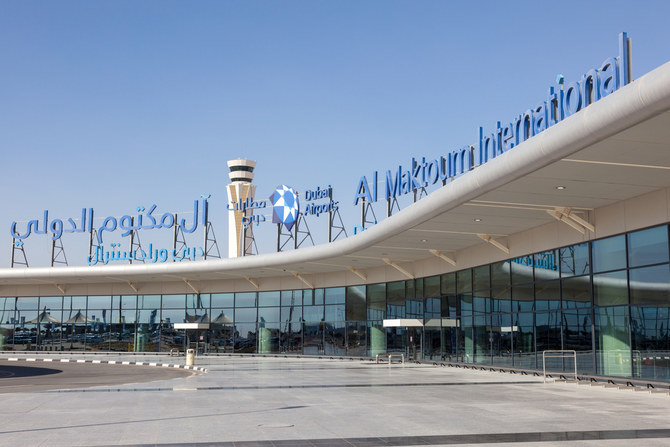HONG KONG, BEIJING: China’s market regulator on Saturday blocked the merger of Tencent-backed game streaming platforms Douyu and Huya following an anti-monopoly investigation, as authorities ramp up scrutiny of some of the country’s biggest technology companies.
Huya and Douyu — which provide videogame live-streaming services akin to Twitch in the US — are two of the largest companies of their kind in China. Both count gaming firm Tencent among their investors.
China’s State Administration for Market Regulation said in a statement that a merger between Huya and Douyu would give Tencent control over the merged entity.
“From the perspective of different key indicators like revenue, the number of active users, resources for streamers, the total share is very substantial and the elimination and restriction of competition can be foreseen,” the statement said.
Authorities have stepped up oversight of some of China’s largest technology firms over concerns of monopolistic behavior and unchecked growth, as well as how companies are collecting and using data from their millions of users.
Also Saturday, China’s cyber-regulator issued draft measures that said companies holding personal information of over a million users must apply for cybersecurity approval if they plan to list abroad. The Cyberspace Administration of China said in a statement that the review and approval are necessary because of risks that the data could be “affected, controlled, and maliciously exploited by foreign governments.”
It also said there is a risk of important data being illegally used or transferred out of the country.
Last week, the cyber regulator ordered a cybersecurity investigation into ride-sharing platform Didi Global Inc. The food delivery platform Meituan is also under an anti-monopoly probe, and e-commerce giant Alibaba was fined a record $2.8 billion earlier this year for antitrust violations.
China’s market regulator said the decision to ban the merger between Huya and Douyu is the first instance of regulators prohibiting market concentration in the internet sector.
The two companies first announced last October that they planned to merge, but market regulators later said that they would review the $6 billion deal.
Tencent said it was notified by the regulator that the merger has been halted.
“The company will abide by the decision, comply with all regulatory requirements, operate in accordance with applicable laws and regulations, and fulfill our social responsibilities,” the company said in a statement Saturday.
Earlier this week, Chinese authorities said they would also increase the supervision of companies listed overseas.
Under the new measures, regulation of data security and cross-border data flows, as well as the management of confidential data, will be improved.
Authorities also plan to crack down on illegal activities in the securities market and will investigate and punish acts such as the fraudulent issuance of securities, market manipulation, and insider trading.
Meanwhile, the Cyberspace Administration of China ordered the removal of 25 apps owned by Didi Global Inc. from app stores. Didi is the country’s largest ride-hailing service.
The authority cited severe violations of rules against collecting personal data behind the move.
The Cyberspace Administration of China had already taken down the main Didi app last Sunday, pending a cybersecurity review, after it debuted on the US stock market last week.
The 25 additional apps include Didi Enterprises, as well as ones designed for Didi drivers.
A spokesperson for Didi did not immediately respond to a request for comment.




